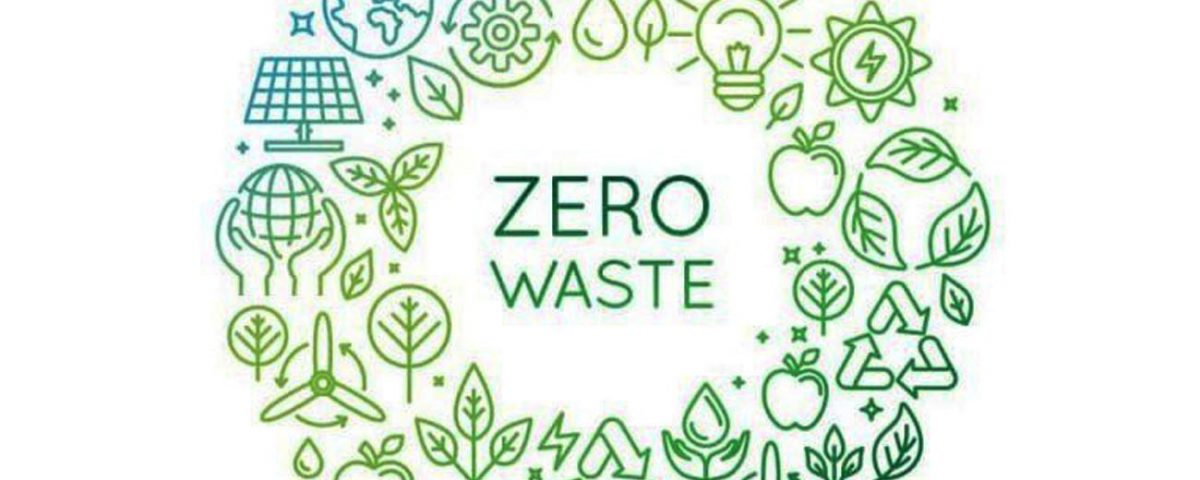
Textile waste, from Utilitalia the guidelines on used clothing
13 January 2021Zero waste is a lifestyle and thinking that focuses on reducing all types of waste as much as possible but also, more generally, on limiting any type of waste.
The expression was originally coined in 2002, during a conference on the topic of resources organized in Geneva. One of the committee members proposed to dedicate a workshop to the topic and together with other scholars and scientists created the Zero Waste team.
The interest of the scientific community, institutions and ordinary citizens was such as to generate many other meetings and lead to the creation of the Zero Waste International Alliance, which today continues to fight to educate for a respectful use of the planet’s resources.
The latest official definition of the movement, updated in 2018, explains the main objectives. The invitation is to:
“Conservation of all resources through responsible production, consumption, reuse and recovery of products, wrappers and materials, without burning them or throwing them into the environment, water or air.”
In the last period, the philosophy of zero waste is also expanding more and more in Italy, but there is still a need for clarity about it.
Renounce, reduce, reuse, recycle: the 4 R of change
Zero waste begins right within the walls of the house; more and more people in the world realize that the amount of waste produced every day by a single individual is not sustainable for the environment.
Great revolutions start with small daily gestures and at this moment the environment needs everyone’s commitment.
The goal is to eliminate even those scraps that seem impossible to eliminate, which today end up in the so-called dry waste. To do this, start putting into practice the fundamental principles of the zero waste philosophy.
- Renunciation: it is important to know how to say no; rejecting the straw, rejecting plastic bags, rejecting things that we do not need, but also rejecting the idea of extreme consumerism
- Reduce consumption, from food to clothing, focusing on quality rather than quantity.
- Reuse: Most of the items we pick up every day can be reused, even in creative ways
- Retrieve the wrappers and packaging and turn them into brand new items.
With a few tricks you will be able to maintain an eco-sustainable lifestyle, eliminating your environmental impact and giving health to your body and the planet you live in … What are you waiting for?


